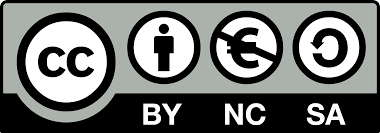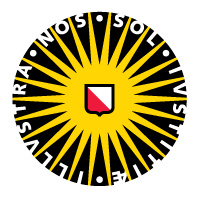Colofon
Het arrangement Multicultural meal is gemaakt met Wikiwijs van Kennisnet. Wikiwijs is hét onderwijsplatform waar je leermiddelen zoekt, maakt en deelt.
- Auteur
- Laatst gewijzigd
- 14-11-2024 11:32:11
- Licentie
-
Dit lesmateriaal is gepubliceerd onder de Creative Commons Naamsvermelding 4.0 Internationale licentie. Dit houdt in dat je onder de voorwaarde van naamsvermelding vrij bent om:
- het werk te delen - te kopiëren, te verspreiden en door te geven via elk medium of bestandsformaat
- het werk te bewerken - te remixen, te veranderen en afgeleide werken te maken
- voor alle doeleinden, inclusief commerciële doeleinden.
Meer informatie over de CC Naamsvermelding 4.0 Internationale licentie.
Aanvullende informatie over dit lesmateriaal
Van dit lesmateriaal is de volgende aanvullende informatie beschikbaar:
- Toelichting
- Food is a prime necessity in life. Meals vary greatly between countries but also between individuals due to differences in religion, culture, climate, food supply and taste. Acquaintance with these differences and their origins supplies both an opportunity for respectfully handling each other's eating habits as well as an opportunity for expanding one's own eating habits. Within most schools there is much variety in students' eating habits at home. This however often does not surface because students eat the meals provided at school. Investigation of these differences promotes social cohesiveness at school and students' citizenship development.
- Leerniveau
- VO;
- Leerinhoud en doelen
- Biologie; Rekenen/wiskunde; Consumptief - horeca; Management en organisatie; ;
- Eindgebruiker
- leraar
- Moeilijkheidsgraad
- gemiddeld
- Studiebelasting
- 1 uur 40 minuten
- Trefwoorden
- icse_en/about/index.php?language=0, masdiv_en
Gebruikte Wikiwijs Arrangementen
Freudenthal Instituut. (z.d.).
Sjabloon [NIET WEGGOOIEN OF AANPASSEN!]
https://maken.wikiwijs.nl/207790/Sjabloon__NIET_WEGGOOIEN_OF_AANPASSEN__




 Universiteit Utrecht
Universiteit Utrecht




